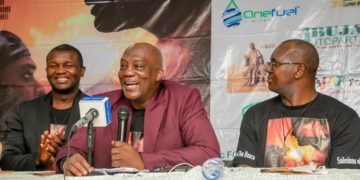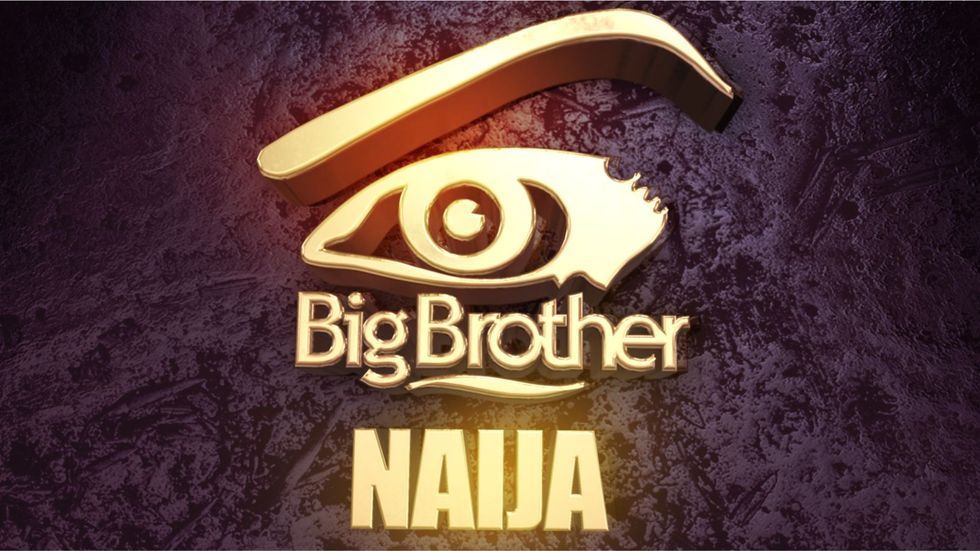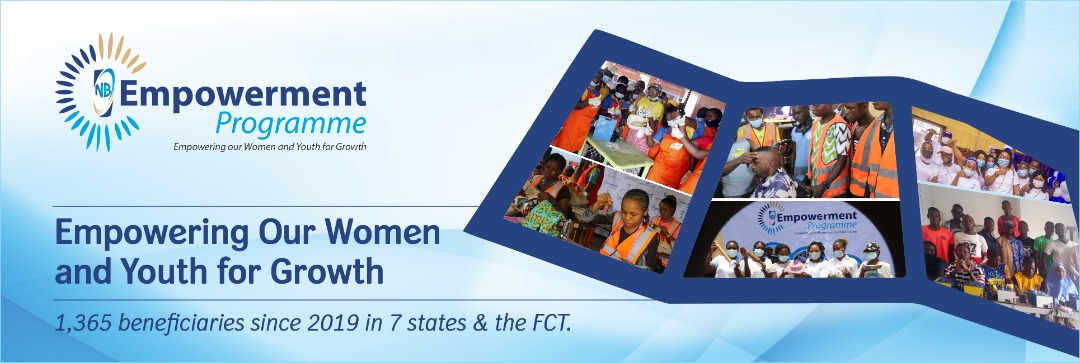By Paul Ejime
At least two protesters are reported dead in clashes between riot police and supporters of detained Senegalese opposition leader Ousnane Sonko, accused of rape.
The protests, which authorities said were unauthorized started on Wednesday over the arrest of Sonko. But the violence has since spread to several cities with the organizers threatening that the protests would continue on Friday.
Sonko, 46, came third in the 2019 presidential election with about 17% of the votes. He is detained in connection with an alleged rape by a beauty saloon employee, a charge he dismisses as politically motivated.
A former tax inspector and an MP, Sonko’s parliamentary immunity has been stripped in preparation for his controversial trial.
But his supporters, including members of the “Enough is Enough” movement, (Y en Marre in Wolof), mainly youths, have stormed the streets in protest including in the nation’s capital Dakar, and Sanko’s Casamance region, south of Senegal.
The media have reported the police using force to disperse the protesters with a call for military backup to tackle an anticipated escalation of the violence.
The protests are similar to those of 2012, triggered by the third term bid of former President Abdoulaye Wade.
Incumbent President Macky Sall succeeded Wade in 2012 and won reelection in 2019. He has since changed the national constitution and replaced the Senate with a High Council for socio-economic, cultural and environmental affairs. He has also been accused of planning an elongation of his tenure.
Sonko claims that his current travail is orchestrated by the government to prevent him for running for the presidency in 2024.
But it is believed that the ongoing protests reflect a disaffection with the government and not necessarily over his case.
Senegal is a generally peaceful country but could join the growing list of restive and politically unstable countries in the ECOWAS region. High on that list are Mali, Guinea and Cote d’Ivoire.

















